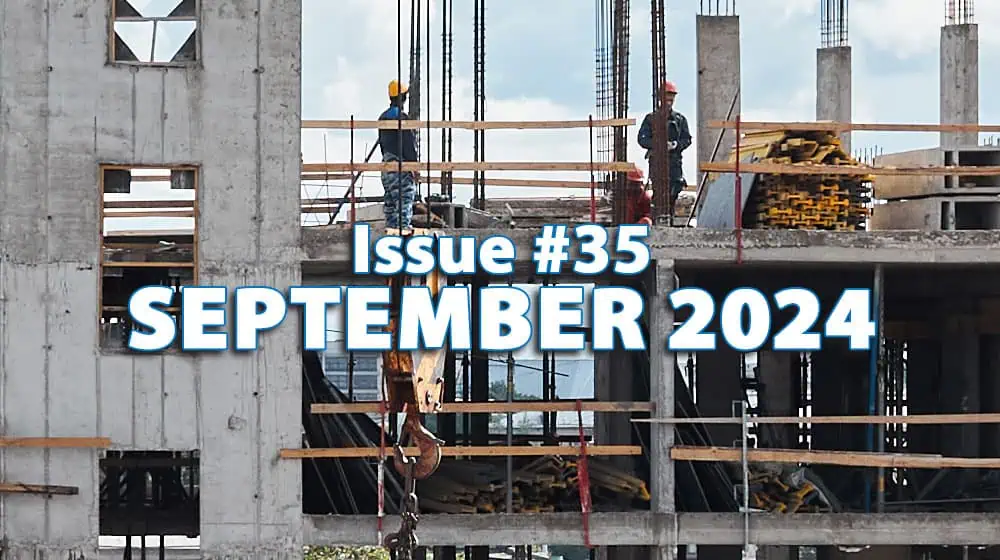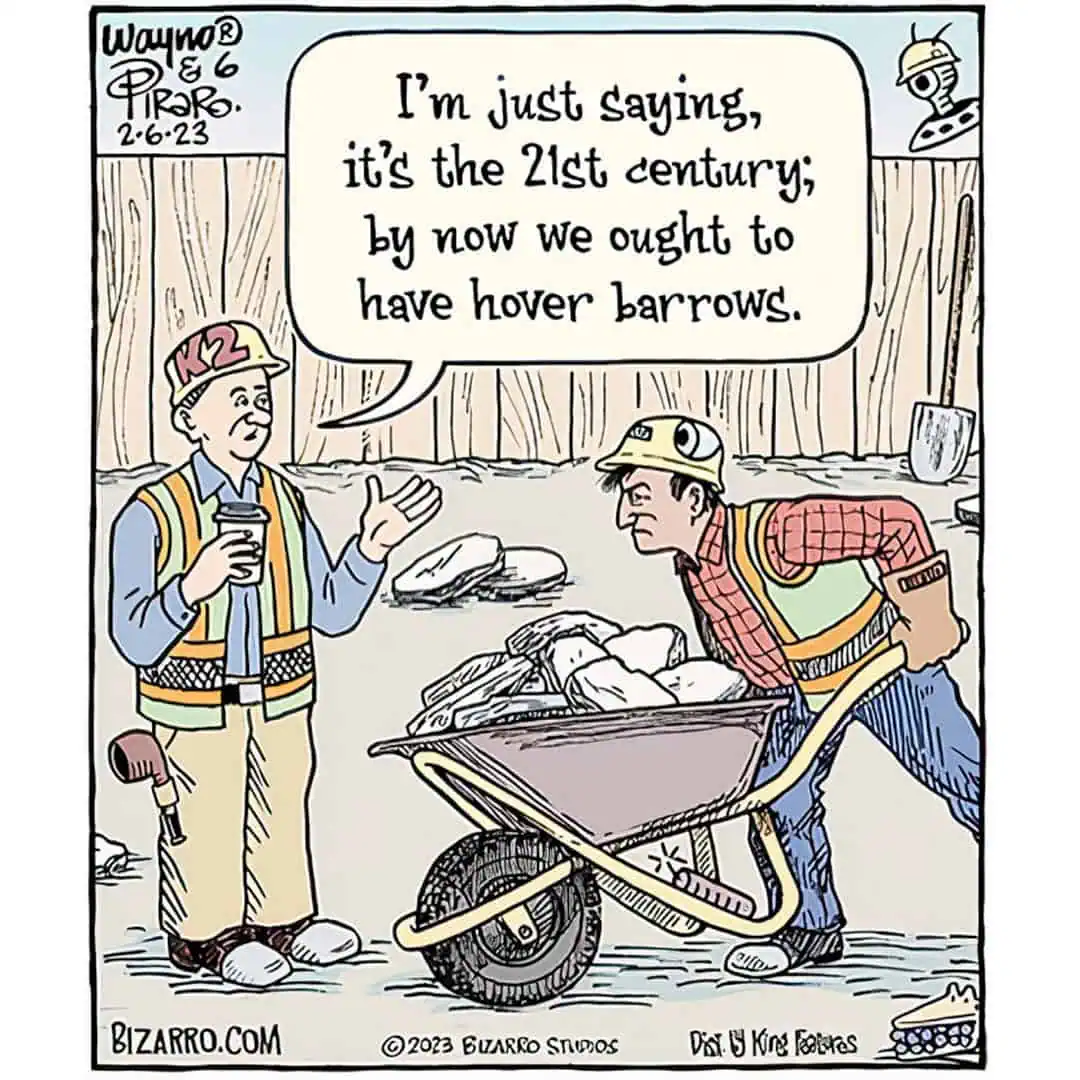
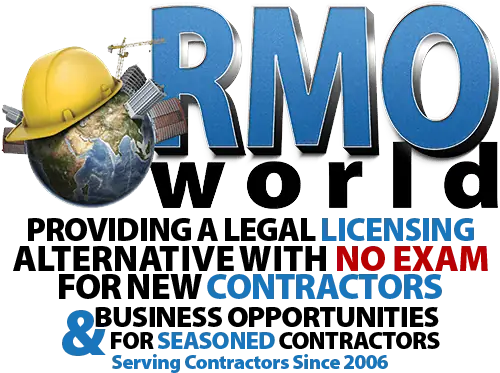
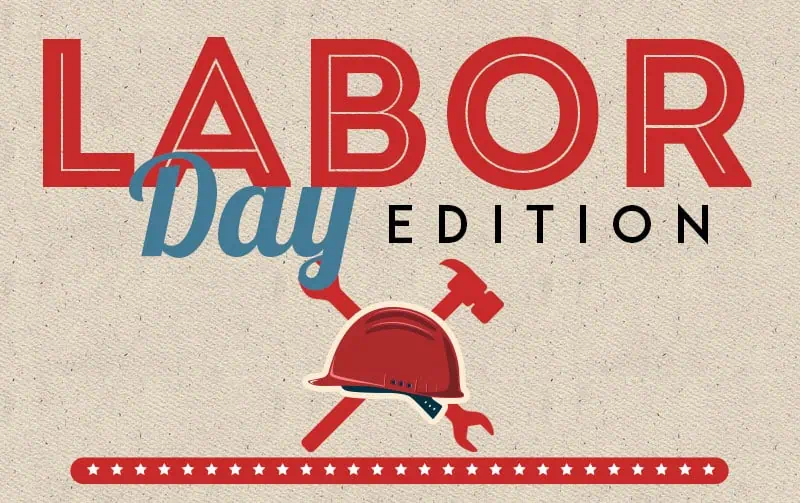
Featured in this edition:
- Industry Facts
- Worker’s Comp
- Hydrogen Hub
- Refer A Friend & Get Paid
Industry Facts

For Labor Day here some facts about our industry that we labor in.
- There are 336,000 job openings in the United States construction industry as of May 2023. [Bureau of Labor Statistics]
- Nearly 11.8 million people worked in the construction industry in 2022. [Bureau of Labor Statistics]
- 57% of construction firms reported having a staff of fewer than 200 individuals in 2021. [JBK]
- Construction managers were paid an average of $110,160 a year in 2022. [Bureau of Labor Statistics]
- The average hourly wage of all construction employees was $35.21 as of January 2024. [Bureau of Labor Statistics]
- The median weekly earnings for a full-time, nonunion worker was $1,007 in 2023. [Bureau of Labor Statistics]
- The median earnings for a full-time union member was $1,424 per week in 2023. [Bureau of Labor Statistics]
- The approximate dollar value of construction work done in the U.S. in May 2023 is estimated to be $1.9 billion. [CENSUS]
- The total aggregate revenue of the top 400 construction companies in the U.S. reached $414.88 billion in 2020. [ENR]
- 95% of U.S. general contractors reported they experienced at least one product shortage in 2021. [USCC]
- 62% of contractors reported they struggled with finding skilled workers to hire in 2021. [USCC]
- 66% of contractors reported they expected pandemic-related delays on projects in 2021. [USCC]
- A total of 11,896 construction workers were employed in the construction industry in 2023. [Bureau of Labor Statistics]
- In 2021, 45% of contractors turned down projects because of skilled labor shortages. [USCC]
- 97% of contractors experienced a moderate to high impact on their business from material cost fluctuations. [USCC]
- At $1.43 trillion dollars, over 79% of construction spending occurred in the private sector in 2022. [Statista]
- Total U.S. engineering and construction spending saw a 5% increase in 2023, compared to 12% in 2022. [FMI]
- Multifamily residential construction rose by 18% in 2023 and is estimated to decrease by 7% to $131 billion in 2024. [FMI]
- Single-family construction declined by 13% in Q4 of 2023 and is estimated to decrease by 10% to $354 billion in 2024. [FMI]
- Commercial construction spending is at $128 billion as of July 2023, up 11% from the previous year. [FMI]
Workers’ Compensation Classification Codes Now Required on CSLB License Renewals

The Contractors State License Board is sharing additional details about a new law that changes how contractors with workers’ compensation insurance renew their licenses.
As of July 1, 2024, Business and Professions Code section 7125.6 requires that any contractor who has a certificate of workers’ compensation insurance on file with CSLB must now include on their license renewal form the three classification codes from the highest estimated payroll reported on their workers’ compensation insurance policy.
Renewal Instructions
Classification codes can be displayed in different ways on workers’ compensation insurance policies.
If your policy has fewer than three classification codes, provide every classification code reported on the policy.
If you are unsure of your codes or are having difficulty with CSLB’s online renewal portal, there are a few options, including:
- Double-check your policy to see if there is a suffix with the four-digit class code that needs to be provided.
- Contact your insurance broker for their classification codes.
- Check the Classification Search on the website for the Workers’ Compensation Insurance Rating Bureau (WCIRB) to see if your classification description is listed and there is a suffix for the code.
If the codes entered match those of WCIRB, the codes and classification descriptions will be listed on the website.
If your codes do not match WCIRB class codes, please enter the numbers provided by the insurance company or broker. CSLB’s system will allow for between 4 to 6 digits. If the class code is not WCIRB class code, CSLB will disclose the insurance company for the public to contact for the class code description.
Licenses will not be renewed without at least one 4- to 6-digit code. The statute allows for retroactive renewal if the licensee provides the codes within 30 days after receiving notice the board is unable to process the renewal for lack of class code(s).
Additional Questions?
- For questions about completing your CSLB renewal, call 916-255-4644, visit the CSLB website at www.cslb.ca.gov or emailRenewals@cslb.ca.gov.
- For questions about workers’ compensation classification codes, reach out to the WCIRB by visiting its Contact Us page or by calling 888-CA-WCIRB (888-229-2472) or emailing customerservice@wcirb.com.
Construction Begins...
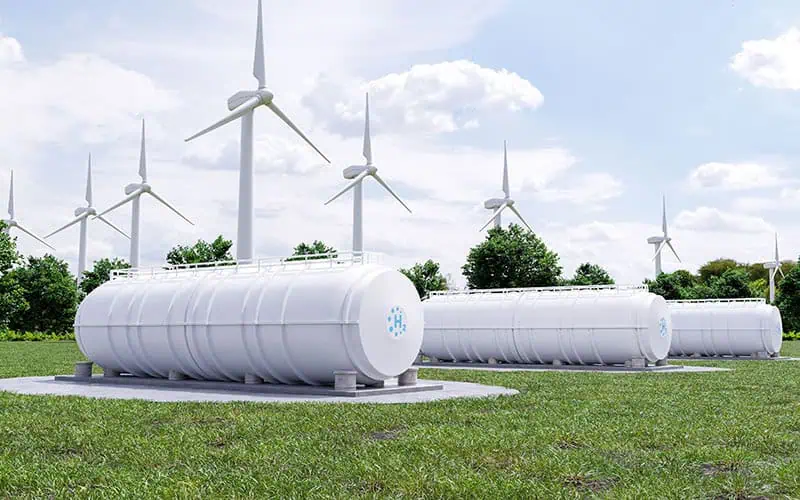
Construction launched last week on California’s hydrogen hub. It will be the first hydrogen hub in the US.
For those that don’t know, a hydrogen hub is a network of clean hydrogen producers, consumers, and connective infrastructure that will help accelerate the large-scale production and use of clean hydrogen for energy.
The launch follows a $12.6 billion agreement finalized in July, which includes up to $1.2 billion in federal funding, and an earlier announcement when California was selected as a national hub. The Alliance for Renewable Clean Hydrogen Energy Systems (ARCHES) marked the milestone as the first of the seven hydrogen hubs across the country to sign their agreement with the Department of Energy.
The California hub is part of a $7 billion federal project to build the infrastructure for a “clean” hydrogen economy to replace carbon based fuels and reduce emissions. The California hub — known as ARCHES, or the Alliance for Renewable Clean Hydrogen Energy Systems — will net $1.2 billion of that federal money, with plans to bring in an additional $11.2 billion in private investment. California was awarded hub status in October.
The California Hydrogen Hub spans across the state of California and will leverage the state’s leadership in clean energy technology to produce hydrogen exclusively from renewable energy and biomass.
Clean hydrogen is enormously expensive, with prices far too high to compete against traditional fuels in a competitive market economy. The aim is to subsidize the cost of hydrogen fuel until the industry reduces costs and grows big enough to stand on its own. One source said hydrogen fuel prices could be competitive by 2032.
Federal funding has been dedicated for three hydrogen projects across the state that are expected to reduce up to two million metric tons of carbon emissions annually, creating approximately 220,000 new jobs, and generating an estimated $2.95 billion per year in economic benefits through improved health and cost savings.
Know someone who needs a license or wants to become an RMO?
Earn $250 cash or $500 credit off your monthly RMO service for each referral that signs up with RMO Agency.
Click the link to refer your friends to our program.

Your Satisfaction Is Our Success!
Please contact us with any questions at:
Email hello@rmoagency.com
Call 800-818-4962.
Reviews
"He was a great guy!"
Alderban talks about his relationship with his RMO.

